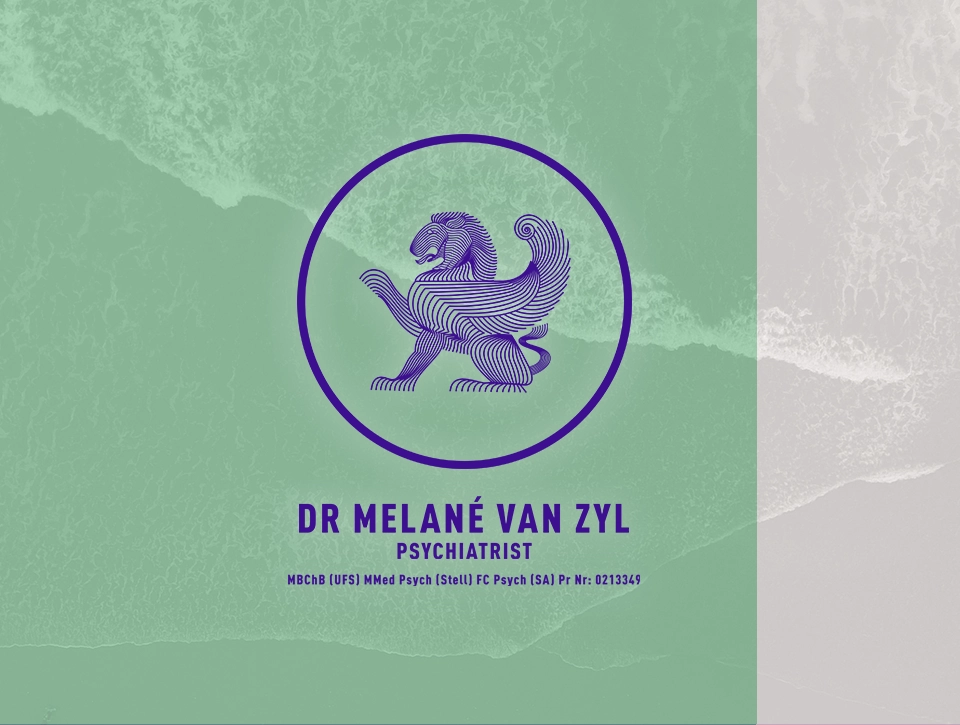


Eye movement desensitisation and reprocessing (EMDR) is an effective and well-researched technique developed by Francine Shapiro in the late 1980s. Therapists use bilateral stimulation (usually eye movements, but there are other methods) to reprocess traumatic memories.


The theory is that it’s not only extreme trauma (such as a hijacking or robbery) that creates negative effects, but also general adverse experiences, termed ‘small-t’ trauma (such as being told you’re not good enough). This implies that all of us could have stored past traumas as memories, and that these still affect us in the present. Experts in the field of trauma (such as Bessel van der Kolk in his fantastic book The Body Keeps the Score) describe EDMR as effective. I personally have had truly phenomenal results since being qualified to perform this therapy – sometimes, in as few as three sessions. Patients have reprocessed their memories and can enjoy living without the shackles of their traumas.

BWRT is a new model of psychology and psychopathology that fits comfortably with the current thinking on neuroscience. It is solution-focused, evidence-based, and unique- we do not mix it with other therapies.
BWRT states that unconscious brain processes happen so fast that it is only data to the brain. It is only later that we attach judgments and values to it later.
The results of BWRT are permanent, without the patient needing to do anything after the session.
As EMDR therapy requires relatively few sessions, funding (via medical aid, insurance companies or workers compensation assistance) is usually easy.


Get in touch
MEDICLINIC SANDTON
TELEPHONE : 011 463 1400 | 081 832 8680
EMERGENCY CELL: 076 895 4591
Please Present to Mediclinic Sandton or Life Glynwood (Benoni)
EMAIL: info@drmelanevanzyl.com



